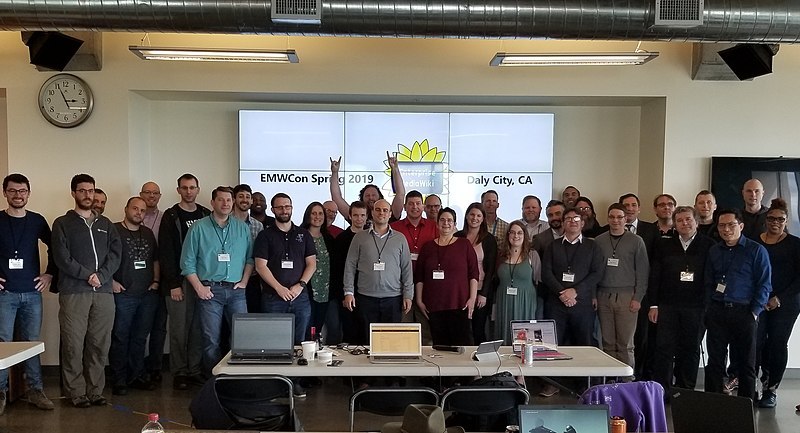
MediaWiki is the software that underpins Wikipedia. This conference shows all the other ways it can be used.
Earlier this month, a group of dedicated MediaWiki administrators, contractors, and users met in Daly City, California, United States for the annual Enterprise MediaWiki Conference (EMWCon for short). MediaWiki is the main underlying software that makes Wikipedia possible, but its use cases range far beyond that of the encyclopedia. It is a critical technology for….
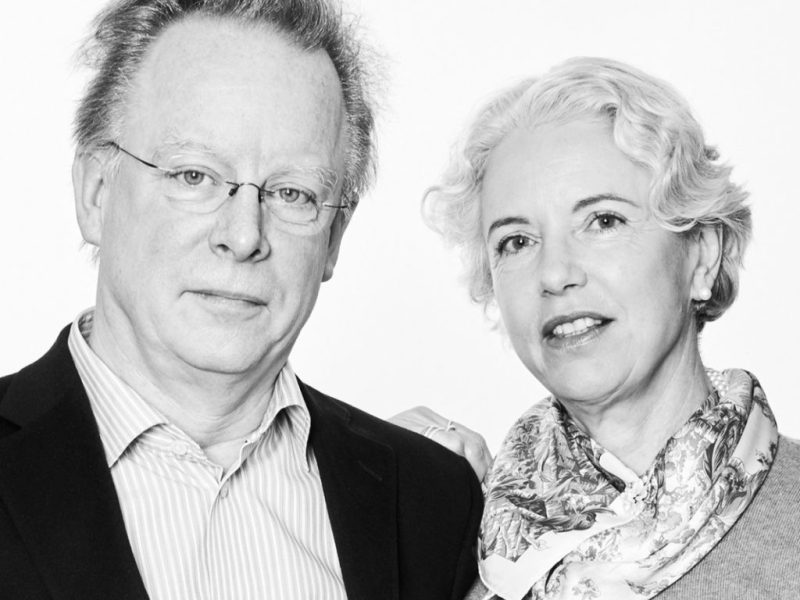
Peter Baldwin, Lisbet Rausing give an additional $3.5 million to the Wikimedia Endowment
Three years ago, we created the Wikimedia Endowment as a permanent, independent fund dedicated to ensuring the long-term sustainability of Wikipedia and the other Wikimedia free knowledge projects. In other words, it will help sustain Wikipedia for decades to come. But the Endowment is not a simple undertaking. It relies on the generosity of donors….

A German court forced us to remove part of a Wikipedia article’s ‘history.’ Here’s what that means.
Three months ago, a German court ruled that part of a Wikipedia article—found to be defamatory in a previous court decision—had to be removed from both the article and its associated revision tracker, known as a “history” page. (History pages allow anyone to see how a Wikipedia article has developed since they were created, in….
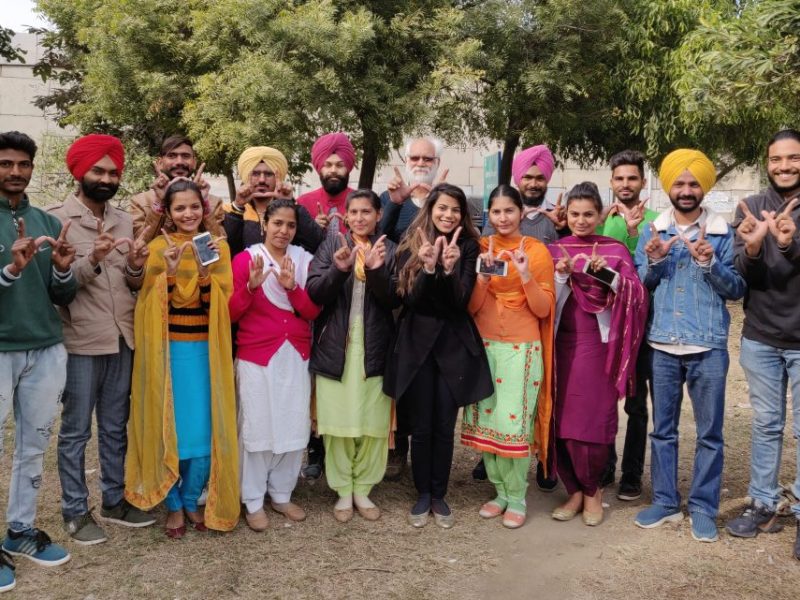
Spotlighting knowledge equity among the newest twenty community-led Project Grants
The Wikimedia Foundation and the Project Grants Committee are excited to announce the newest successful grantees from the Project Grants program. Project Grants provide community members with funds to pursue their ideas for improving Wikimedia projects. These grants support individuals, groups and organizations in implementing both new experiments and proven ideas. Projects vary widely in….
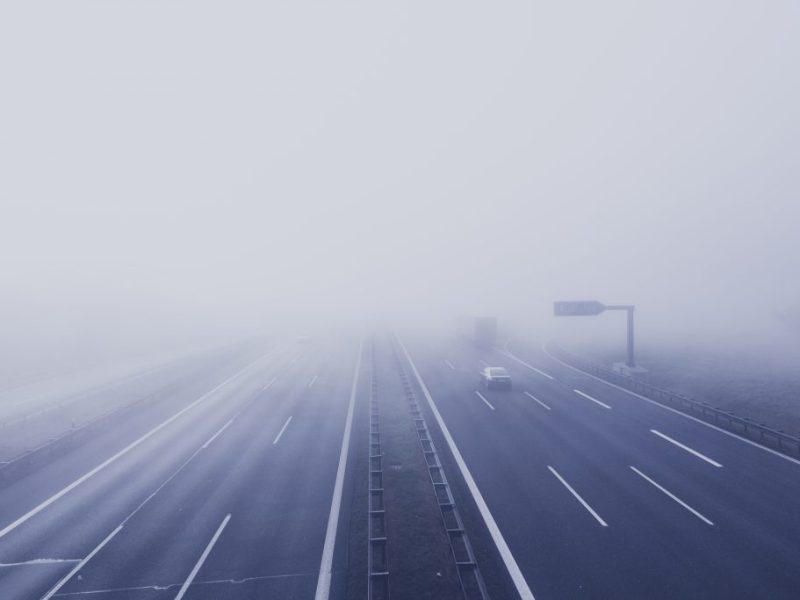
Four things European legislators can do to not break the internet (again)
The European Union (EU) Commission’s proposal for a Regulation on preventing the dissemination of terrorist content online runs the risk of repeating many of the mistakes written into the copyright directive, envisioning technological solutions to a complex problem that could bring significant damage to user rights. The proposal includes a number of prescriptive rules that….
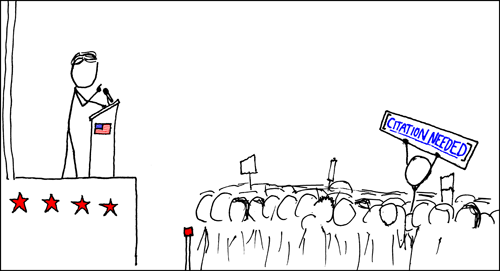
Can machine learning uncover Wikipedia’s missing “citation needed” tags?
One of the key mechanisms that allows Wikipedia to maintain its high quality is the use of inline citations. Through citations, readers and editors make sure that information in an article accurately reflects its source. As Wikipedia’s verifiability policy mandates, “material challenged or likely to be challenged, and all quotations, must be attributed to a….
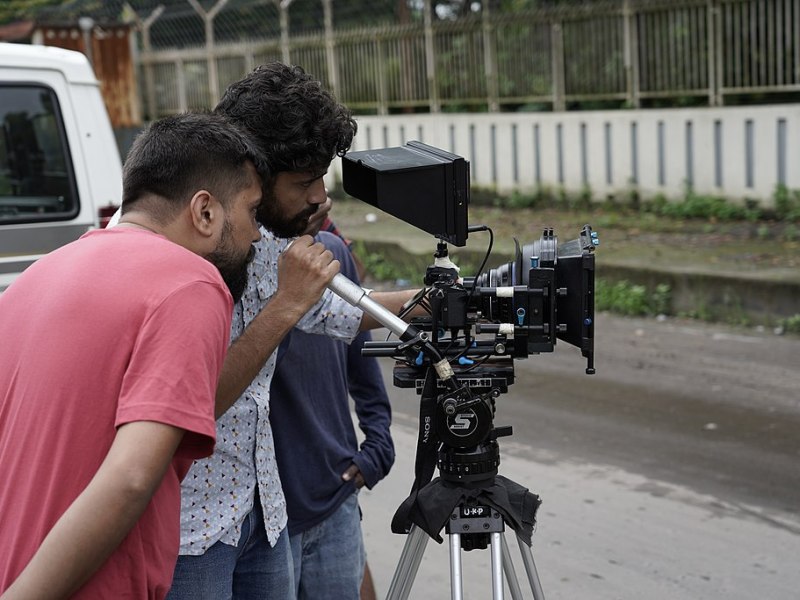
What we learned from inspiring new Wikipedia readers all around the world
How do we get Wikipedia to every corner of the world? How can we share the joy of free knowledge with people who have never heard of our website? In 2018, we asked Wikipedia’s volunteer editing communities all over the world to think creatively about expanding the reach of the free online encyclopedia. Through a….
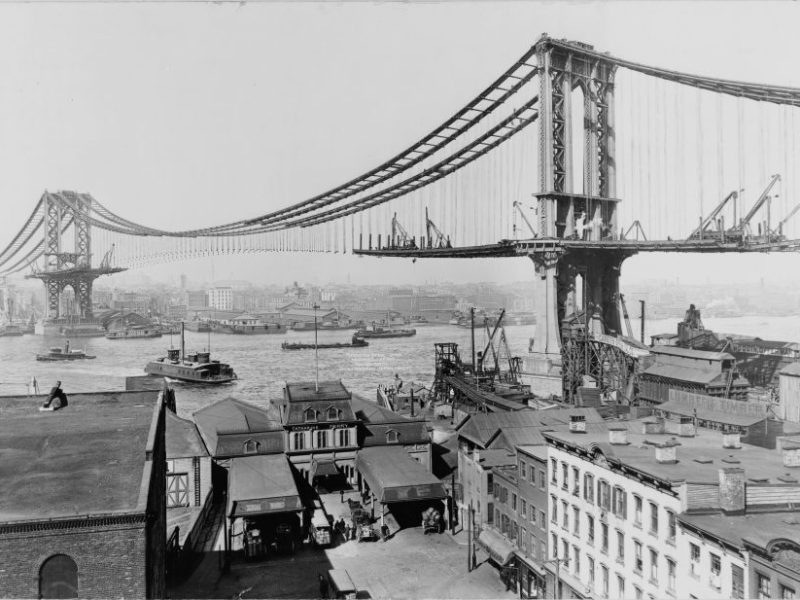
Joining the World Wide Web Consortium
We’re excited to announce that we’re becoming a member of the W3C, the main international standards organization for the World Wide Web. Founded by Tim Berners-Lee in 1994, W3C works with hundreds of organizations to ensure that the web’s basic building blocks—like HTML or CSS—remain consistent across browsers, platforms, and more. You can learn more….
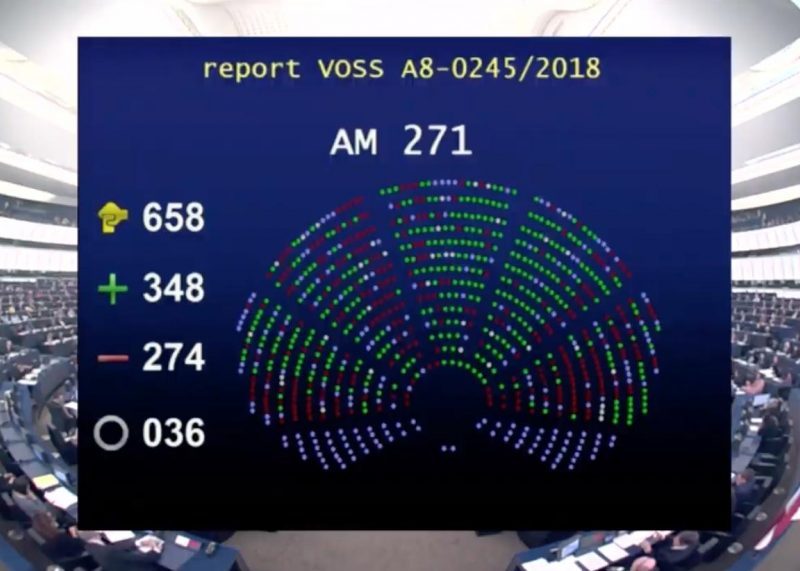
European Parliament limits internet freedom in controversial copyright vote
Today, the European Parliament voted 348–274 to pass a new copyright directive that includes problematic rules that will harm free knowledge. They did so after years of discussions, revisions, and more recently street protests. We believe that this is a disappointing outcome, the impacts of which will certainly be felt for years to come. As….
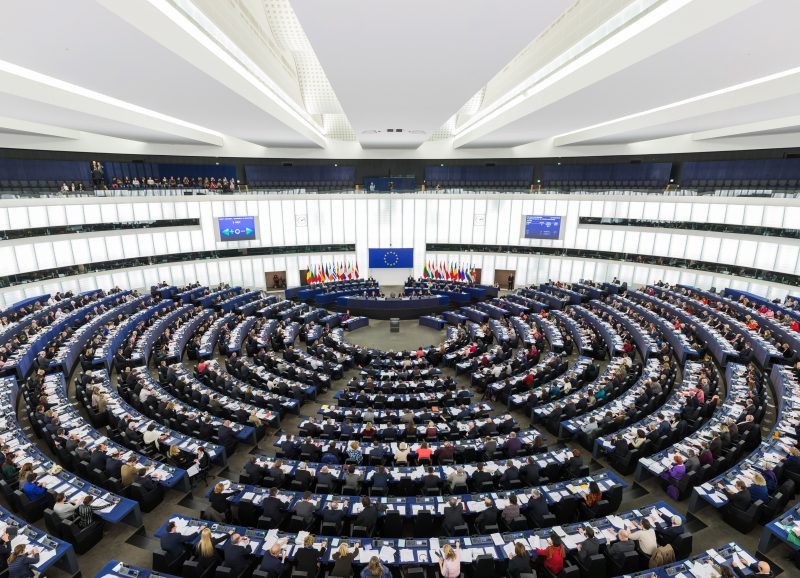
Four Wikipedias to ‘black out’ over EU Copyright Directive
Update, 25 March: The Italian, Galician, Asturian, and Catalan Wikipedias have blacked themselves out today to protest the EU Copyright Directive. Other language versions of Wikipedia have chosen to show site banners above their content. Wikipedia’s volunteer editing communities make decisions like this independently. More on that, and our unaltered original post, is below. •….